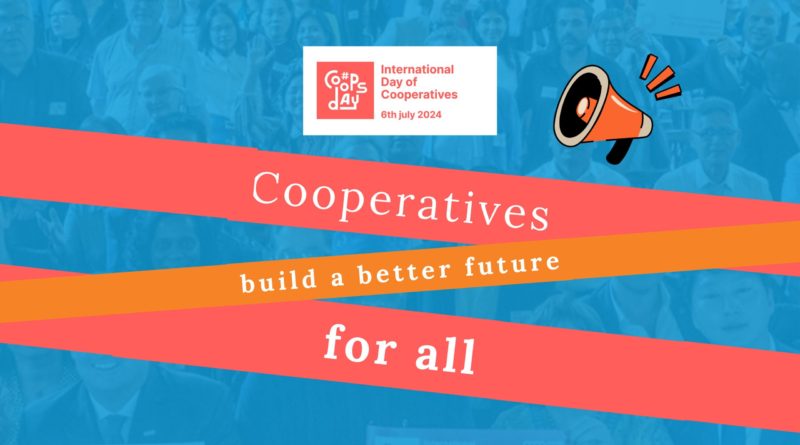International Day of Cooperative: How cooperatives contribute to implement SDGs
5 July 2024
On 6 July, cooperatives from all around the world celebrate the 102nd International Day of Cooperatives. With the theme “Cooperatives Building a Better Future for All,” this celebration allows industrial and service cooperatives to highlight their contributions to creating a sustainable future without leaving no one behind. It also emphasizes their role in speeding up the achievement of the Sustainable Development Goals (SDGs) by 2030.
Every industrial and service cooperative contributes to reach the SDGs, by answering to people’s needs, contributing to the economic and social development of the community in which they operate. A “better future for all” has diverse meaning for us: ensuring decent work for present and future workers, access to economic, social and cultural rights, guaranteeing equal opportunities, preserving and restoring peace, protecting the planet and putting the technology and innovation at the service for all.
Here are few examples of woman and men across the globe dedicated to build collectively a better future for all, fight for social justice and decent work. You will find much more stories in CICOPA and CECOP COOPTALE section.
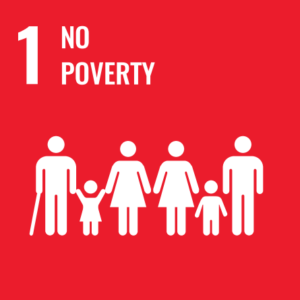 No poverty (SDG 1)
No poverty (SDG 1)
Diomcoop Cooperative, is located in Barcelona (Spain), and developed creative ways to face undeclared migrant work, especially those who are in a situation of administrative irregularity and social vulnerability. Diomcoop was founded in 2017 and as of today they have diversified they business in four different sectors: logistics, gastronomy, awareness-rising, and fashion. In 2018 they have proudly established their own fashion label, Diambaar. Diomcoop represents a great example on how to tackle undeclared migrant work by providing cooperative solutions.
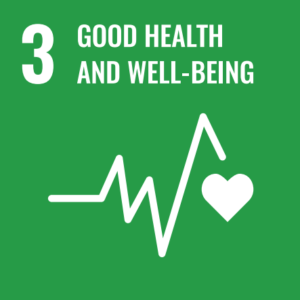 Good health and well-being (SDG 3)
Good health and well-being (SDG 3)
Kamacos, the Kampala Medical and Allied Health Workers Cooperative Society, was founded to improve working conditions and patient care in Uganda. By creating a “one-stop center” for medical services, Kamacos enhances patient follow-up and makes it easier to keep track of their progress, while reducing costs for both doctors and patients. Despite challenges like limited equipment and financial constraints, Kamacos continues to support its members and aims to popularize the cooperative model for better health care delivery.
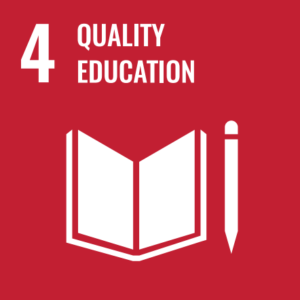 Quality education (SDG 4)
Quality education (SDG 4)
The Just and Accessible Music School (JAMS) Worker Cooperative in Canada aims to provide equitable music education by ensuring fair compensation for teachers and affordable lessons for students, particularly from marginalized groups. Founded to counter the exploitative practices of traditional music schools, JAMS uses a cooperative model to blend social justice with quality education. The initiative has been successful in creating a supportive community, making music education more inclusive and accessible to diverse demographics.
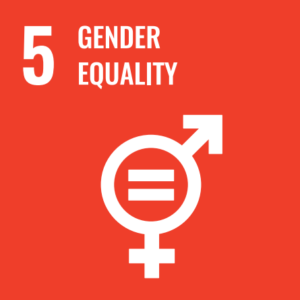 Gender equality (SDG 5)
Gender equality (SDG 5)
The cooperative Muncă și Artă, founded in 1952, remains a significant player in textile manufacturing in Romania. 90% of its workforce being women who have been provided with job stability, fair wages, and a voice in decision-making. This women-centric approach has fostered strong loyalty and inter-generational employment within the cooperative.
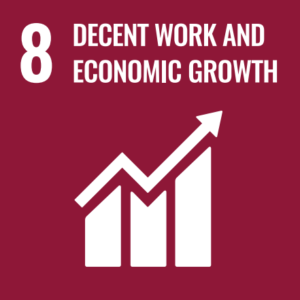
Decent work and economic growth (SDG 8)
ULCCS, a labor cooperative in Kerala, India, founded in 1925, provides direct employment to over 13,500 rural workers. Specializing in construction and infrastructure, the cooperative emphasizes workers’ upskilling and tech education, fostering economic growth and decent work. Their diversification into IT and handicrafts and innovative projects highlights their commitment to foster and promote sustainability and community development.
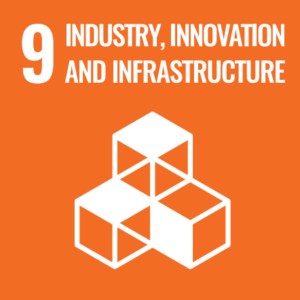 Industry, innovation and infrastructure (SDG 9)
Industry, innovation and infrastructure (SDG 9)
Logik & Co, a Danish worker cooperative founded in 2001, focuses on sustainable renovation and construction using locally sourced green materials. With 50-60 worker-members, the coop promotes inclusivity and equal pay, while fostering community engagement and environmental responsibility in Copenhagen. Their innovative approach and commitment to cooperative principles highlight the potential for sustainable and democratic business practices in the construction industry.
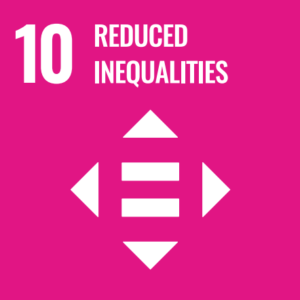 Reduced inequalities (SDG 10)
Reduced inequalities (SDG 10)
Le Relais (France) is located in a disadvantaged area characterized by high youth unemployment. It is a multistakeholder cooperative gathering workers, users and local authorities in its governance. Beyond being a cooperative, it is a citizen project which main objective is the training and work inclusion of young people and adults in difficult economic and social conditions. In 25 years, the cooperative has enabled 2,300 young people to achieve their professional integration by receiving training and a first experience in the catering sector.
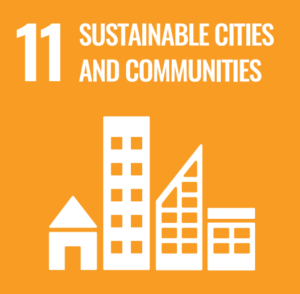 Sustainable cities and communities (SDG 11)
Sustainable cities and communities (SDG 11)
Villa Fernandes, a property in Portici (Naples, Italy) confiscated from the mafia, exemplifies the sustainable transformation of urban spaces into community hubs. This inclusive venue offers educational, cultural, and recreational activities, job training, and support services, fostering social integration and community resilience. Managed by the social cooperative Seme di Pace ONLUS and supported by local and national partners, Villa Fernandes embodies the triumph of good over crime, promoting legality and sustainable development.
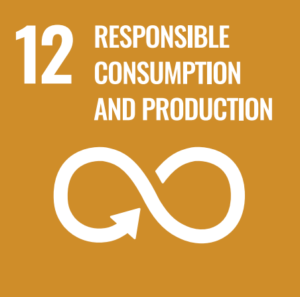 Responsible consumption and production (SDG 12)
Responsible consumption and production (SDG 12)
Fair & Bio Roastery, a Czech social cooperative founded in 2013, champions responsible consumption and production through fair-trade coffee roasting and distribution. Despite challenges like the COVID-19 pandemic, Fair & Bio Roastery has adapted by focusing on e-commerce and smaller packaging, emphasizing their commitment to social, environmental, and economic sustainability through their unique business model.
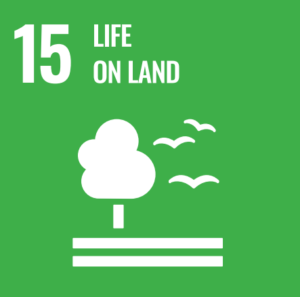 Life on land (SDG 15)
Life on land (SDG 15)
Agresta, a Spanish worker cooperative founded in 2000 by forestry engineering students, provides environmental consulting with a focus on sustainable forest management. With 35 members out of 50 employees, they integrate innovative technologies to enhance forestry practices. Agresta promotes a cooperative model emphasizing transparency, solidarity, and empowerment, contributing to a greener economy and a more sustainable society through their award-winning initiatives in environmental and social innovation.

